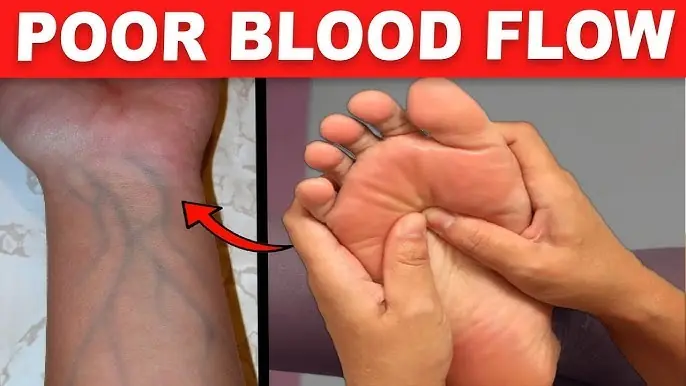
Health Problems That Improve with Vitamin B12 (and How to Use It)
Health Problems That Improve with Vitamin B12 (and How to Use It)
Did you know that a lack of vitamin B12 can cause serious, and sometimes irreversible, damage to your nervous system? It’s a startling fact, especially because symptoms often creep up slowly and may not appear for years. This delay happens because your liver stores vitamin B12 for a surprisingly long time — anywhere from three to six years. So, you could be quietly running low on B12 without realizing it until your health begins to noticeably decline.
What Exactly Is Vitamin B12 and Why Is It So Vital?
Vitamin B12, also known as cobalamin, is one of the most essential nutrients for maintaining overall health. It participates in hundreds of vital chemical reactions throughout your body — from building DNA to supporting nerve communication. The catch? Our bodies can’t produce B12 naturally. That means we have to get it through food or supplements, much like we do with vitamin D.
Without enough B12, several critical systems begin to malfunction — especially your brain, nerves, and blood cells.

The Four Pillars of Vitamin B12’s Importance
-
Red Blood Cell Formation
Vitamin B12 is crucial for creating red blood cells, which deliver oxygen to every part of your body. Without sufficient B12, your red blood cells become too large and irregular, leading to anemia. The result is often fatigue, weakness, and that “drained” feeling even after a full night’s sleep. -
Nervous System Health
B12 is essential for producing myelin — the protective sheath that surrounds and insulates your nerves. Myelin helps signals travel efficiently between your brain and body. Without enough of it, nerve function slows or becomes erratic, causing tingling, numbness, or even cognitive decline. B12 also helps synthesize neurotransmitters like serotonin and dopamine, which regulate mood, focus, and emotional balance. -
DNA Synthesis
Every cell in your body relies on DNA for its structure and function. B12 plays a vital role in the creation of DNA, which makes it especially important for rapidly dividing cells — like those in your bone marrow, skin, and digestive tract. -
Protein Metabolism
Proteins are the building blocks of life. B12 helps your body metabolize proteins properly, ensuring that tissues, organs, and enzymes are all maintained and repaired as needed. Without enough of it, you may notice muscle weakness or slower recovery after exercise.
Recognizing the Signs of B12 Deficiency
When your B12 levels drop, two major problems can occur: anemia and neurological issues. Sometimes they show up together, but not always.
Older adults are particularly vulnerable because absorption tends to decrease with age. Left untreated, the neurological symptoms can become permanent, making early detection essential.
Symptoms of Anemia from B12 Deficiency
A shortage of red blood cells means your body isn’t getting enough oxygen. This can cause:
-
Persistent fatigue and weakness
-
Pale or yellowish skin
-
Heart palpitations or rapid heartbeat
-
Loss of appetite and unexplained weight loss
-
Shortness of breath, especially during physical activity
-
A sore, red tongue or burning sensation in the mouth
A specific type of anemia — pernicious anemia — occurs when the immune system attacks stomach cells that help absorb B12. This condition is more common in older adults and can be serious if not treated promptly.
Neurological Symptoms of B12 Deficiency
When your nerves don’t have enough myelin, electrical signals become disrupted. You might experience:
-
Tingling or numbness in the hands and feet
-
Reduced sensitivity to touch or vibration
-
Trouble walking or maintaining balance
-
Muscle weakness or clumsiness
-
Changes in mood or personality, such as irritability
-
Symptoms of depression or anxiety
-
In severe cases, confusion or dementia-like symptoms
It’s important to note that neurological symptoms can appear even without signs of anemia. If left unchecked, nerve damage may become irreversible — particularly in older adults.
What Causes Low Vitamin B12?
Three primary factors contribute to B12 deficiency:
-
Low Intake – Not eating enough B12-rich foods.
-
Poor Absorption – The body can’t properly extract or absorb it from food.
-
Ineffective Utilization – The body absorbs B12 but can’t use it efficiently.
Low Intake
People following strict vegetarian or vegan diets are at higher risk, since B12 is found mainly in animal products. Those with restrictive eating habits or certain mental health conditions that affect food intake may also become deficient. In regions where food insecurity is common, B12 deficiency can be a widespread issue.
Poor Absorption
Sometimes, the digestive system simply can’t process B12 effectively. This can happen due to:
-
Digestive disorders such as atrophic gastritis, Crohn’s disease, or celiac disease
-
Surgery, especially gastric bypass or intestinal resections
-
Certain medications — long-term use of drugs like omeprazole (for acid reflux), metformin (for diabetes), or colchicine (for gout) can interfere with B12 absorption
-
Stomach or intestinal removal due to cancer or other diseases
Ineffective Use
Even if your intake and absorption are normal, issues with enzyme function, transport proteins, or liver health can prevent your body from using B12 correctly. Since the liver stores much of your B12, any condition that impairs liver function can contribute to deficiency.
How to Know If You’re Deficient
The only reliable way to confirm a deficiency is through medical testing. A doctor will evaluate your symptoms, review your medical history, and order blood tests. Low B12 levels may show up as large red blood cells (macrocytosis), but anemia doesn’t always appear.
If you’re at higher risk — for instance, you’re vegan, elderly, or have digestive issues — your doctor may also check related markers like methylmalonic acid (MMA) or homocysteine, which rise when B12 is low.
Getting Enough Vitamin B12
Natural sources include:
-
Meat (especially liver and beef)
-
Fish and shellfish (such as salmon, tuna, and clams)
-
Eggs
-
Milk and dairy products
The recommended daily intake is about 2.4 micrograms (mcg) for adults, slightly higher for pregnant or breastfeeding women.
For vegetarians and vegans, fortified foods are essential — such as plant-based milks, breakfast cereals, or nutritional yeast enriched with B12. Some algae, like chlorella, are occasionally cited as plant sources, though the evidence for their effectiveness is mixed.
If you’re unsure about your intake, consulting a registered dietitian can help ensure your diet meets your body’s needs.
Treating B12 Deficiency
Treatment depends on how low your levels are and what caused the deficiency in the first place.
-
Mild Deficiency or No Symptoms: Oral supplements are usually enough. These may be combined with other nutrients like folic acid or vitamin B6 to enhance absorption and support red blood cell production.
-
Absorption Problems or Severe Symptoms: Injections are often necessary when the body can’t absorb B12 properly. Treatment might start with daily injections, move to weekly doses, and then to monthly maintenance shots.
While supplementation can reverse many symptoms, severe nerve damage may not be completely reversible — another reason why early detection is so important.
The Bottom Line
Vitamin B12 is one of those nutrients you don’t think much about — until your body starts to run low. Maintaining adequate levels supports your brain, energy, and mood while protecting you from long-term damage. Whether you get it through diet or supplements, paying attention to your B12 intake is a simple but powerful way to safeguard your health for the years ahead.
Source: Dr. Alberto Sanagustín
News in the same category

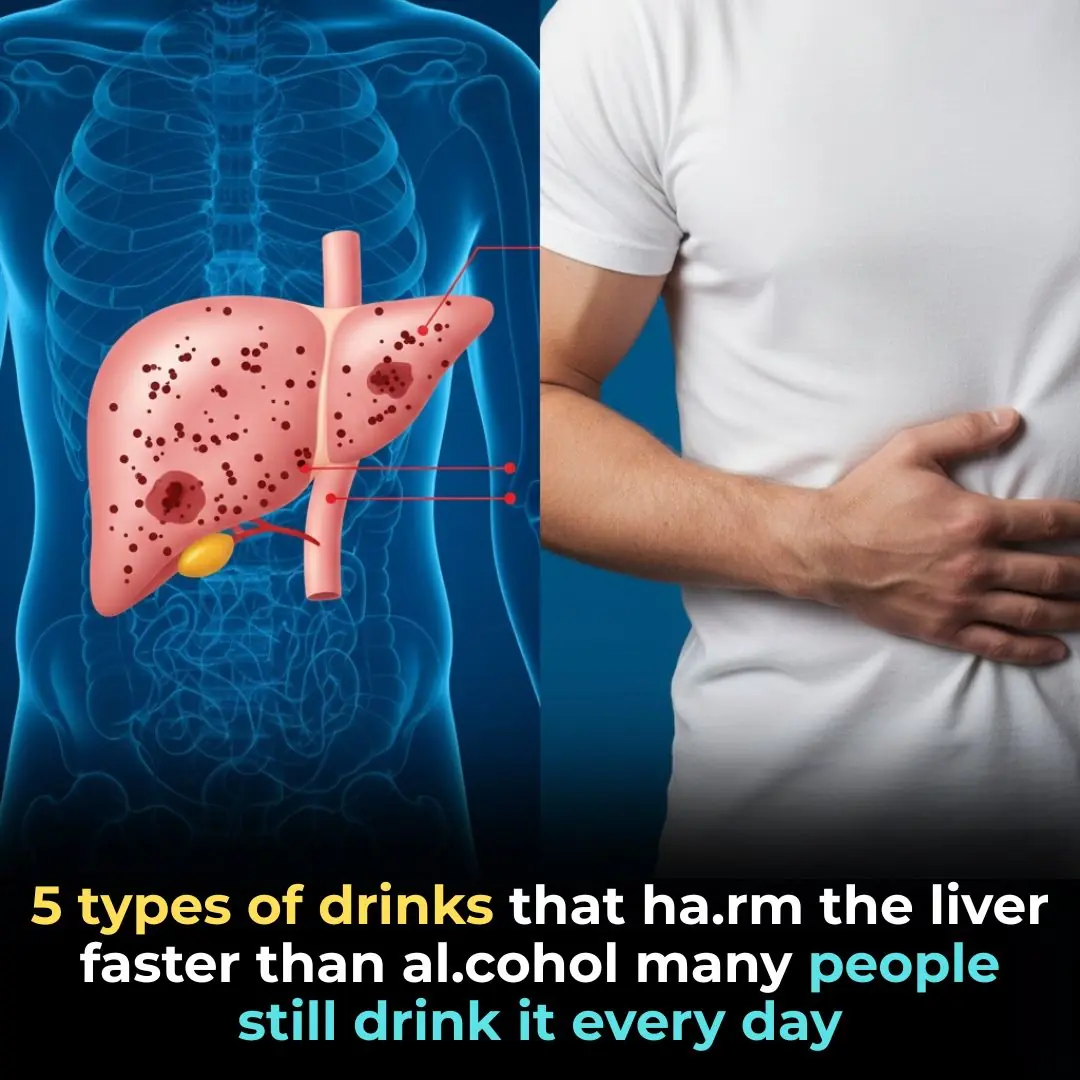
Common Drinks That Can Be Bad for Your Liver

Do you sleep on your side? Here's the powerful effect one simple change can have on your body
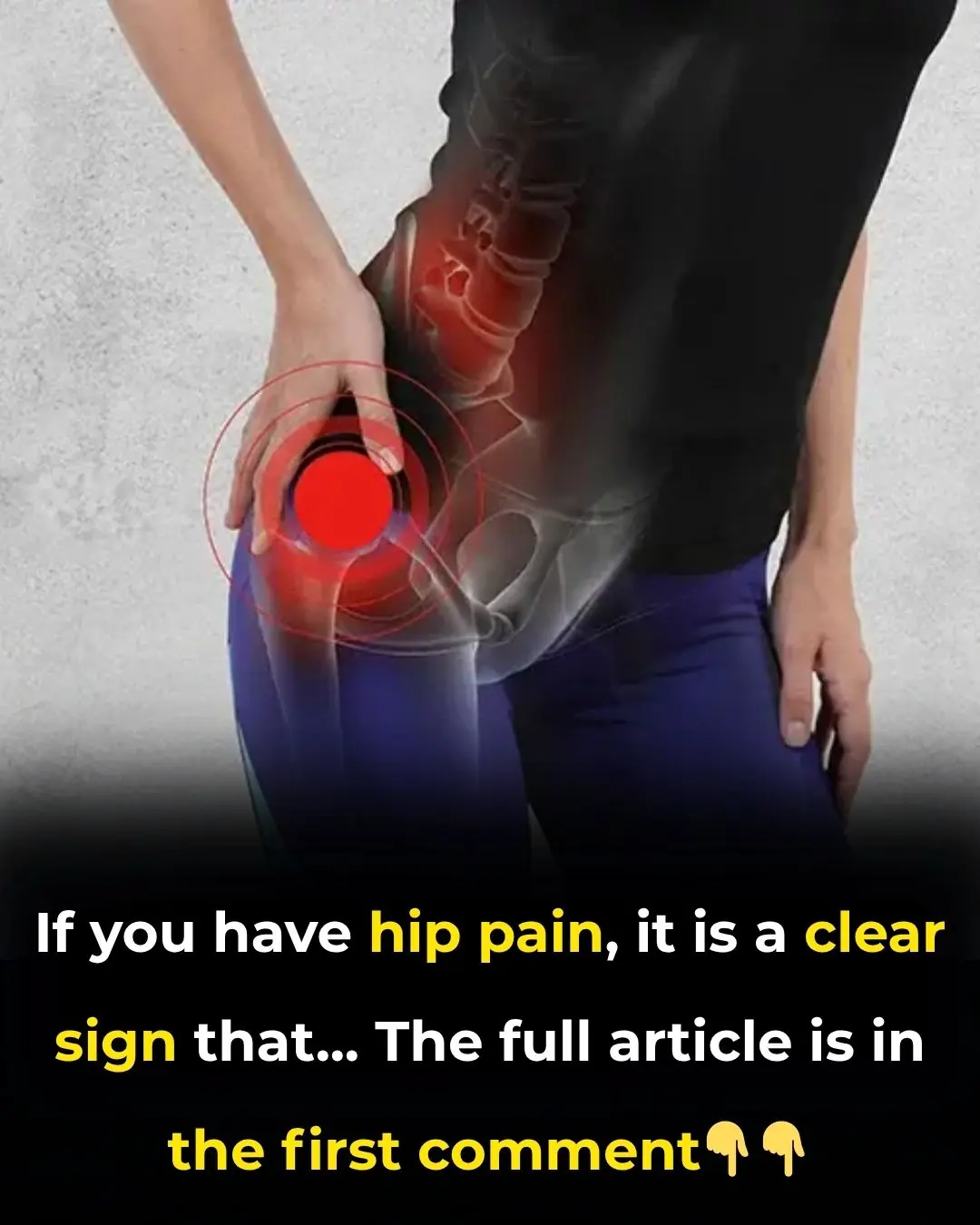
🦴 Hip Pain: What Does It Mean? Common Causes & When to Seek Help
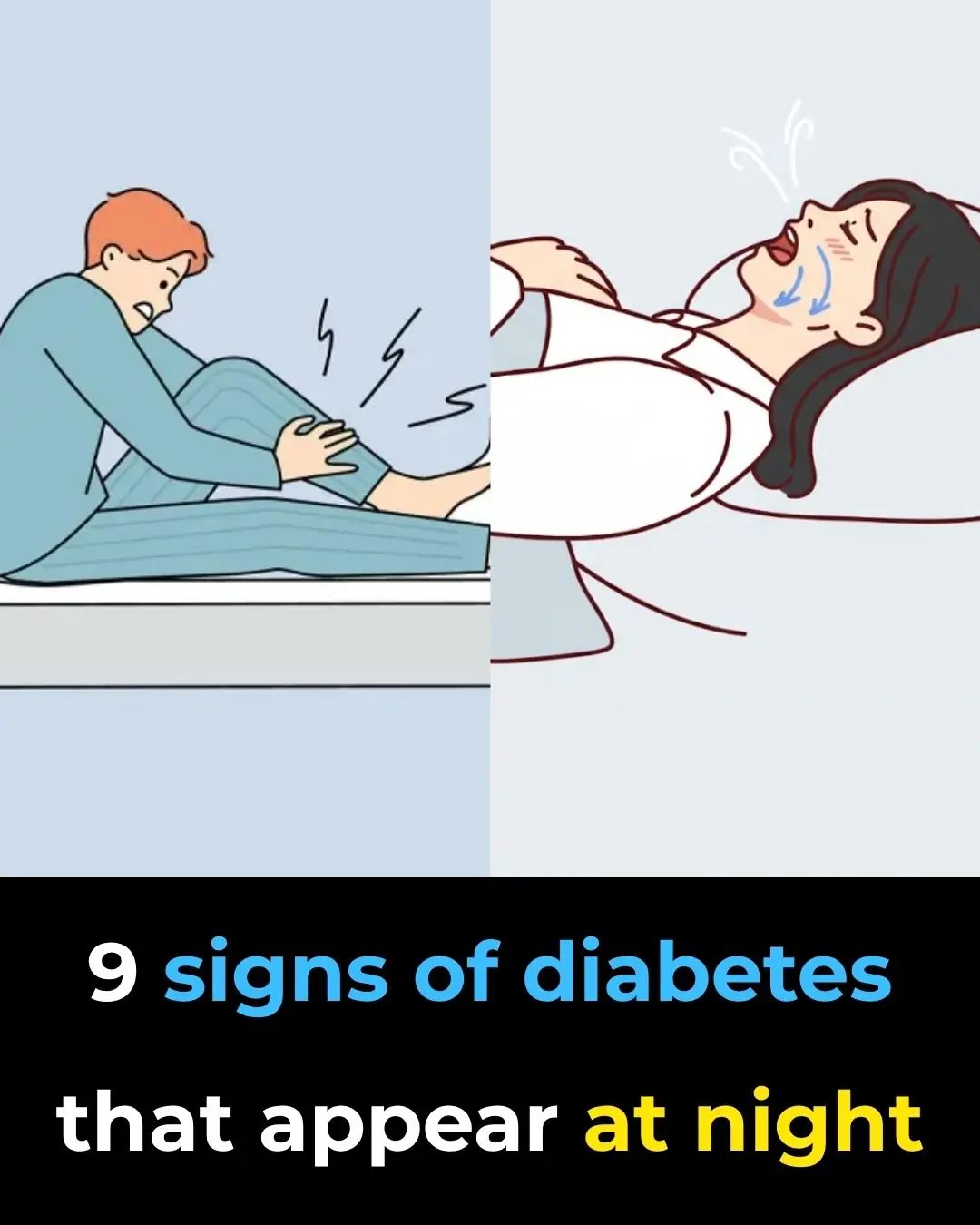
🌙 9 Signs of Diabetes That Appear at Night — What You Should Know
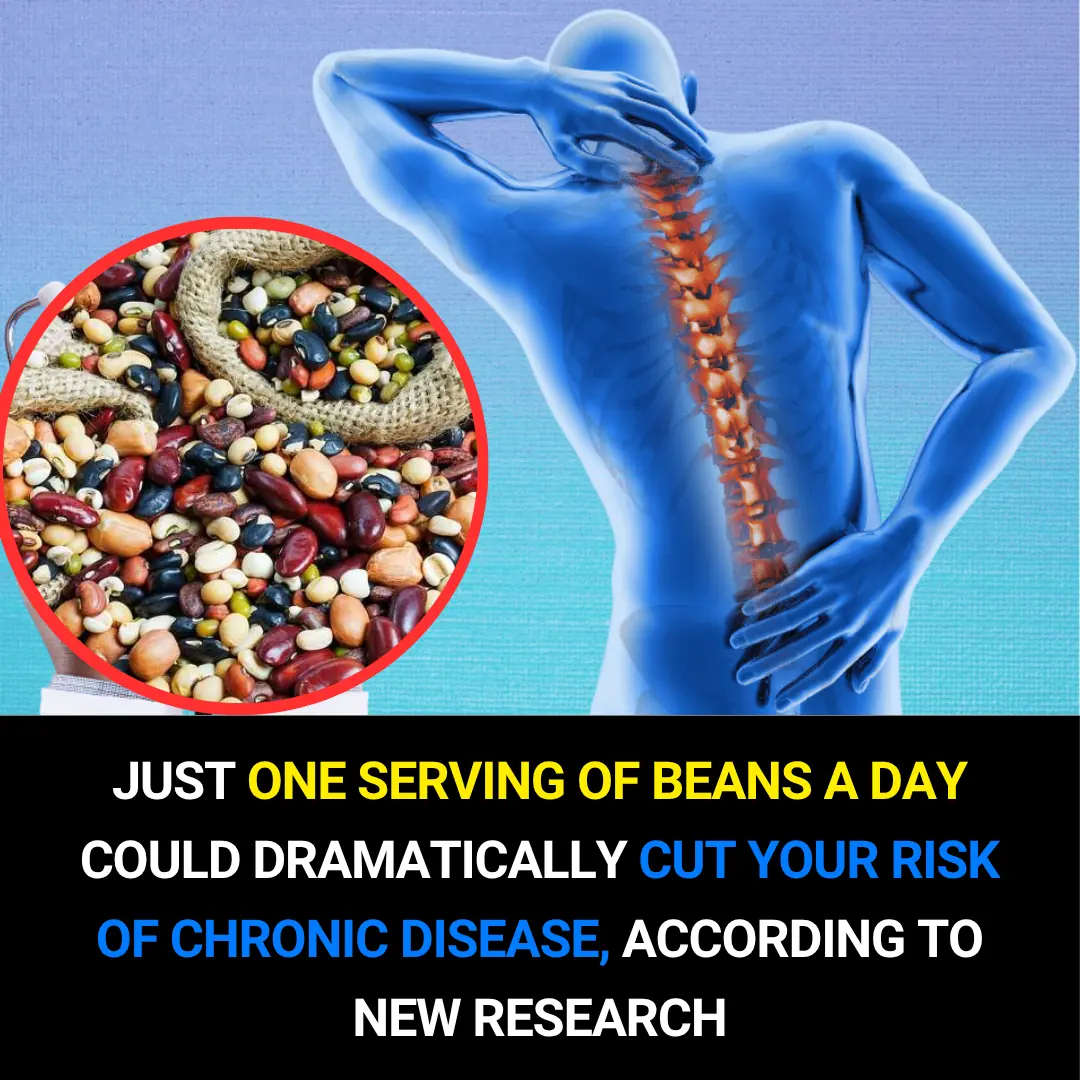
Eating Beans Daily Slashes Your Risk of Heart Disease and Diabetes, Study Finds
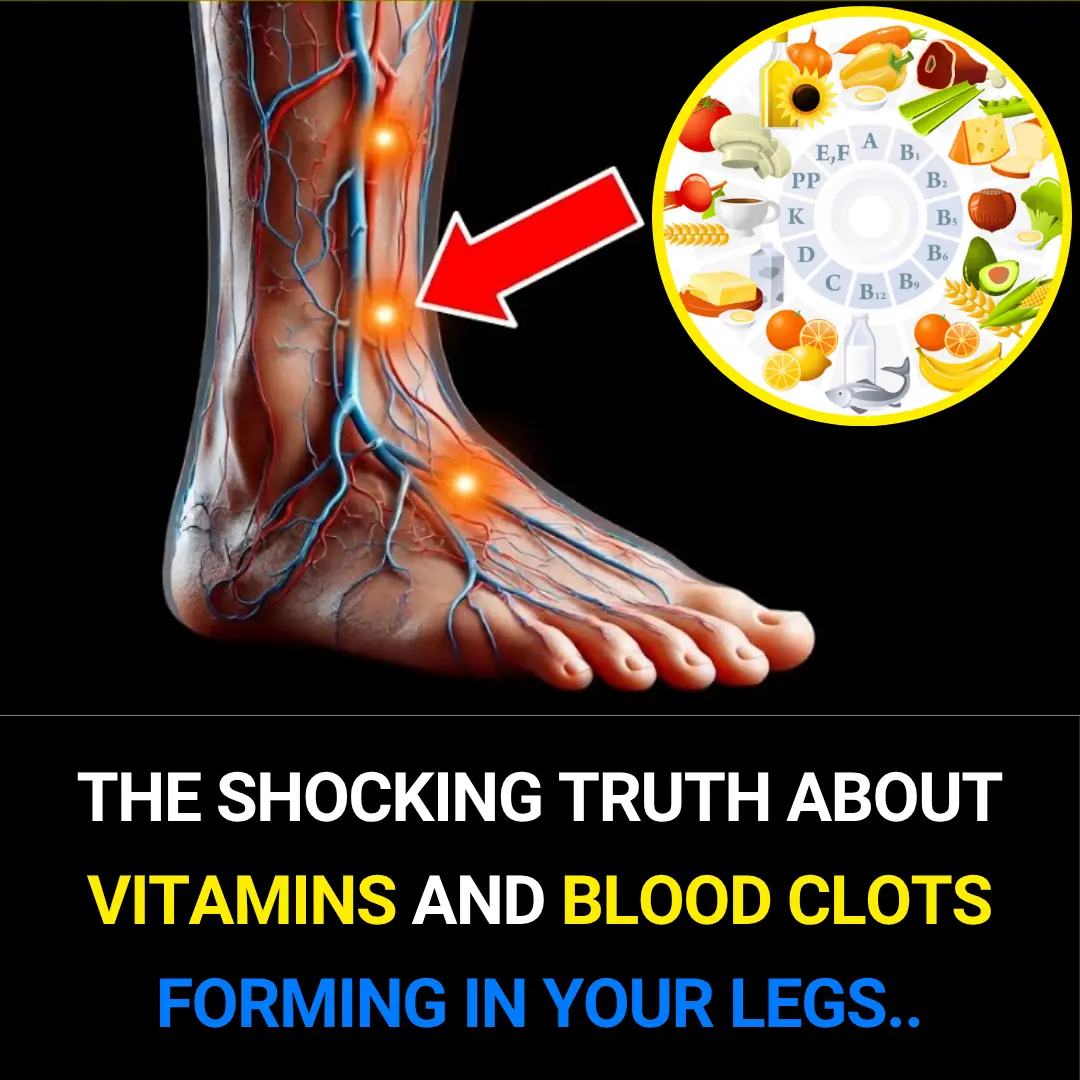
The Shocking Truth About Vitamins and Blood Clots in Your Legs
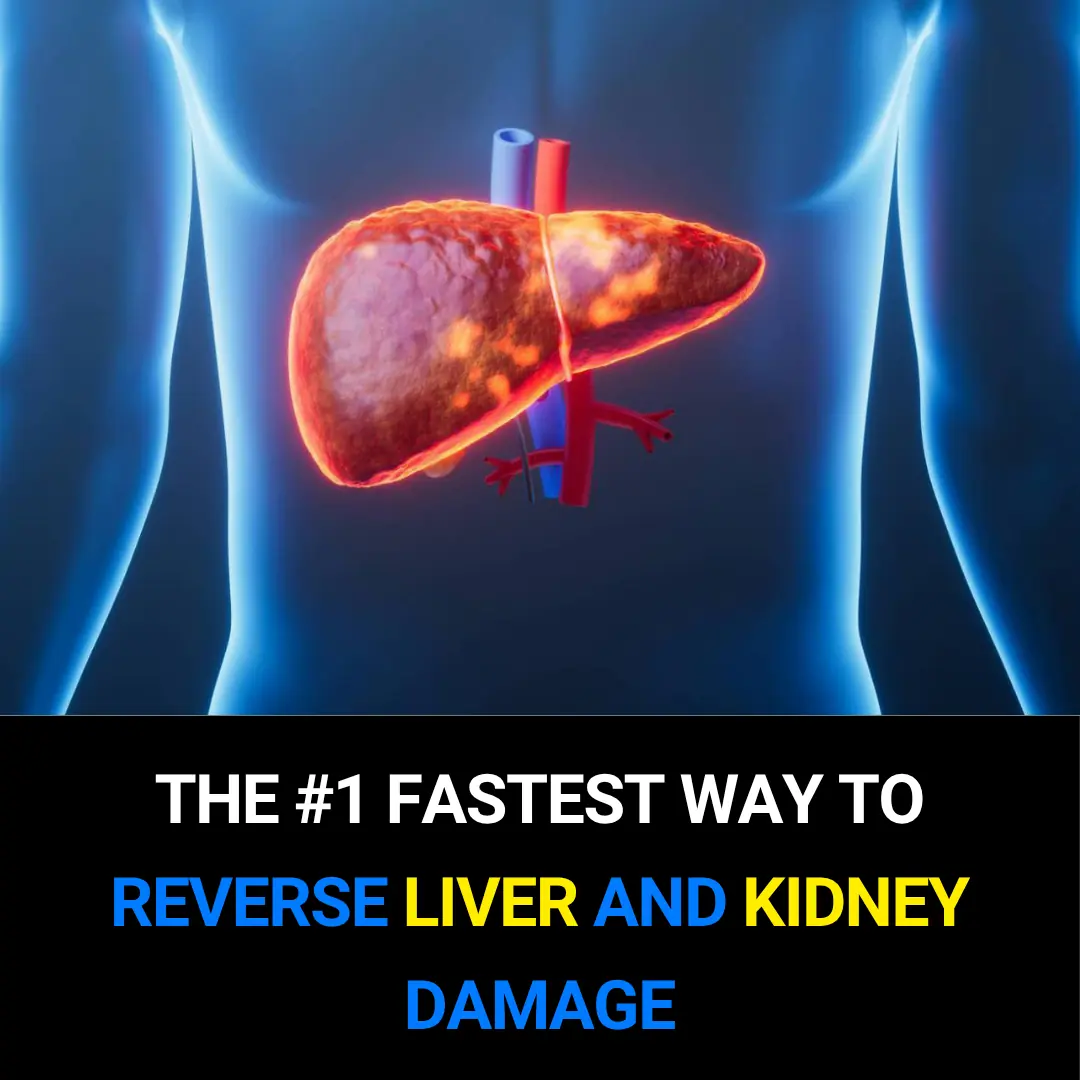
The #1 Fastest Way to Reverse Liver and Kidney Damage

Stomach Can-cer: The “Silent Disease” You Shouldn’t Ignore
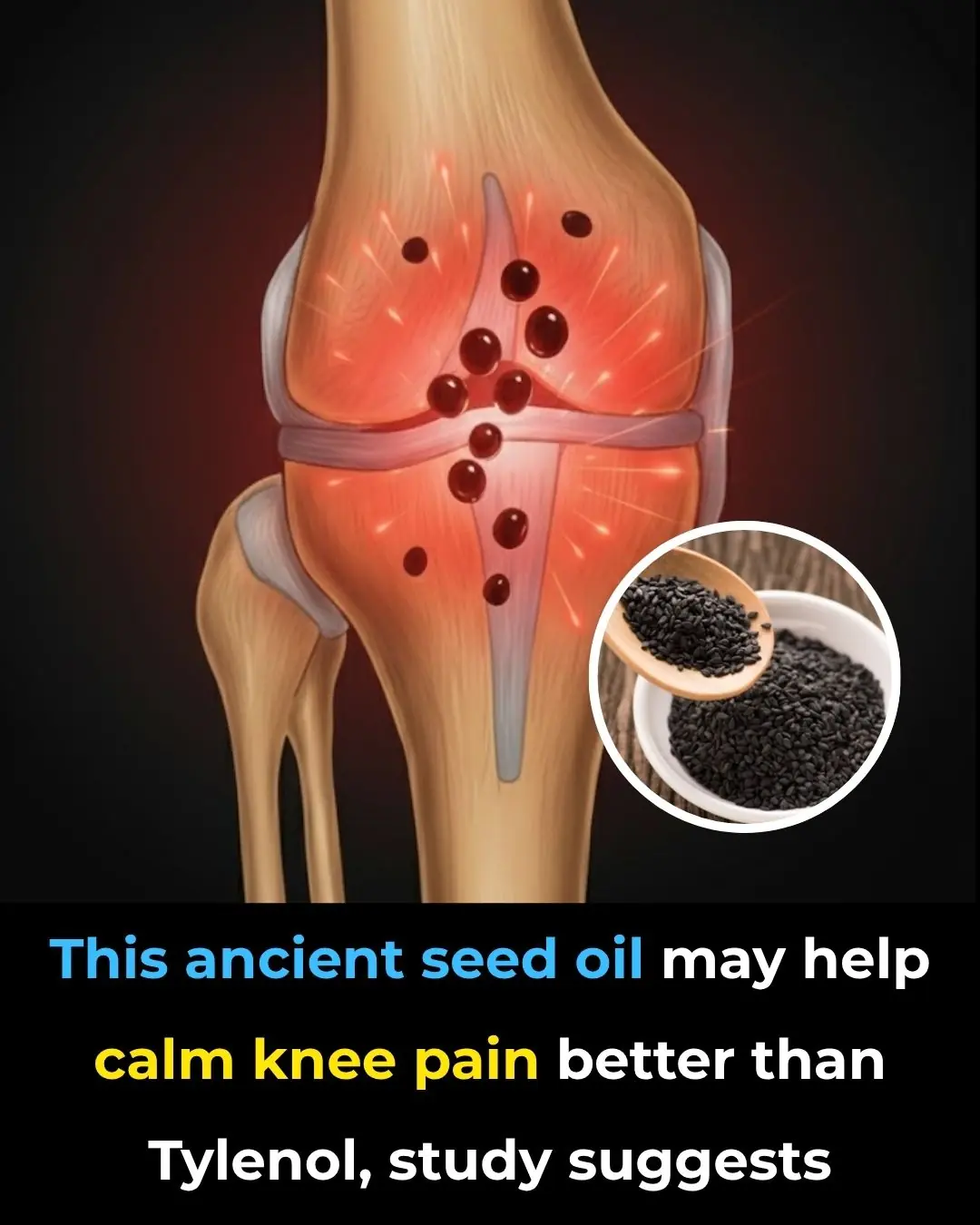
This ancient seed oil may help calm knee pain better than Tylenol, study suggests
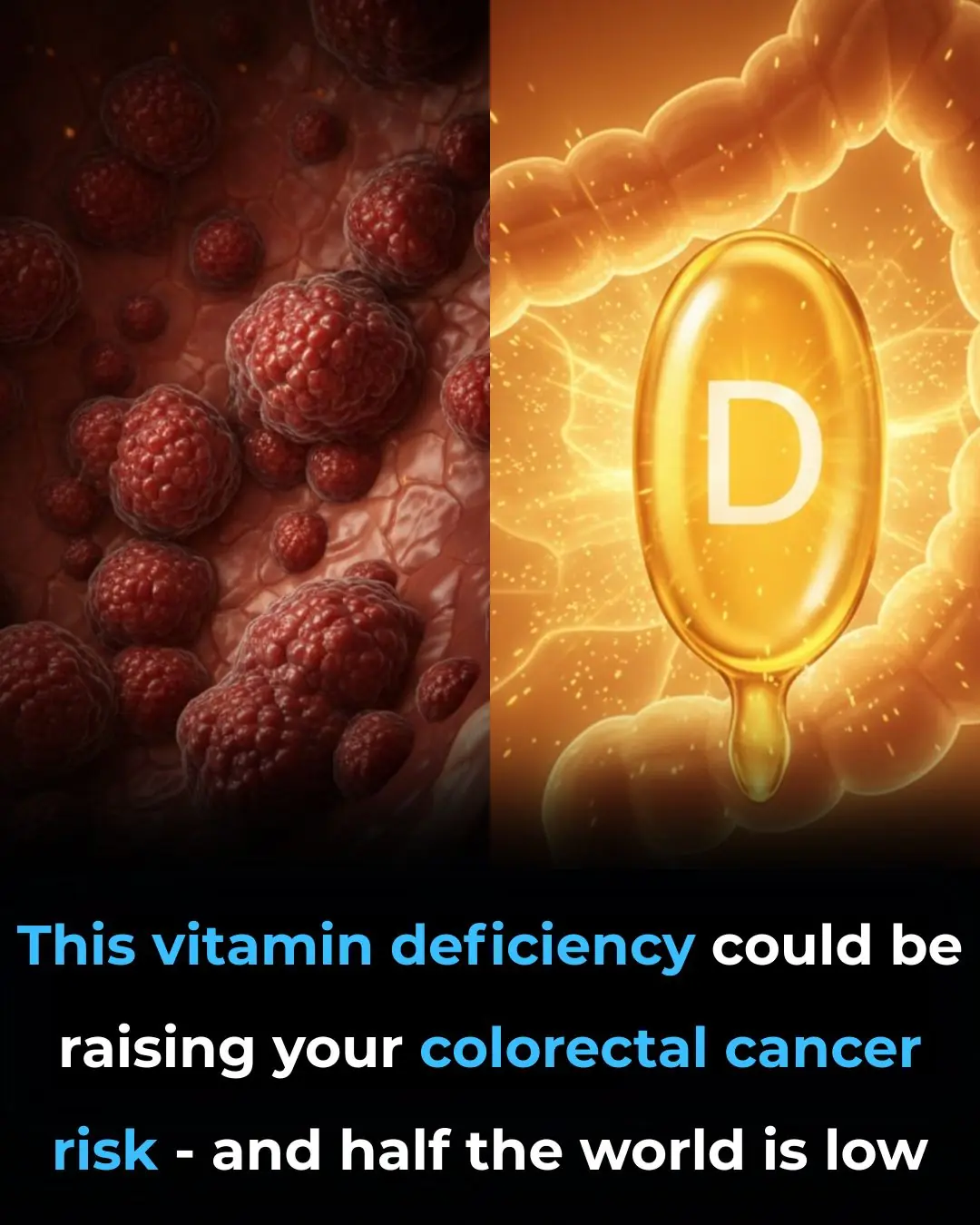
This vitamin deficiency could be raising your colorectal cancer risk — and half the world is low

Tomato Extract: Better And Safer Blood Thinner Than Aspirin
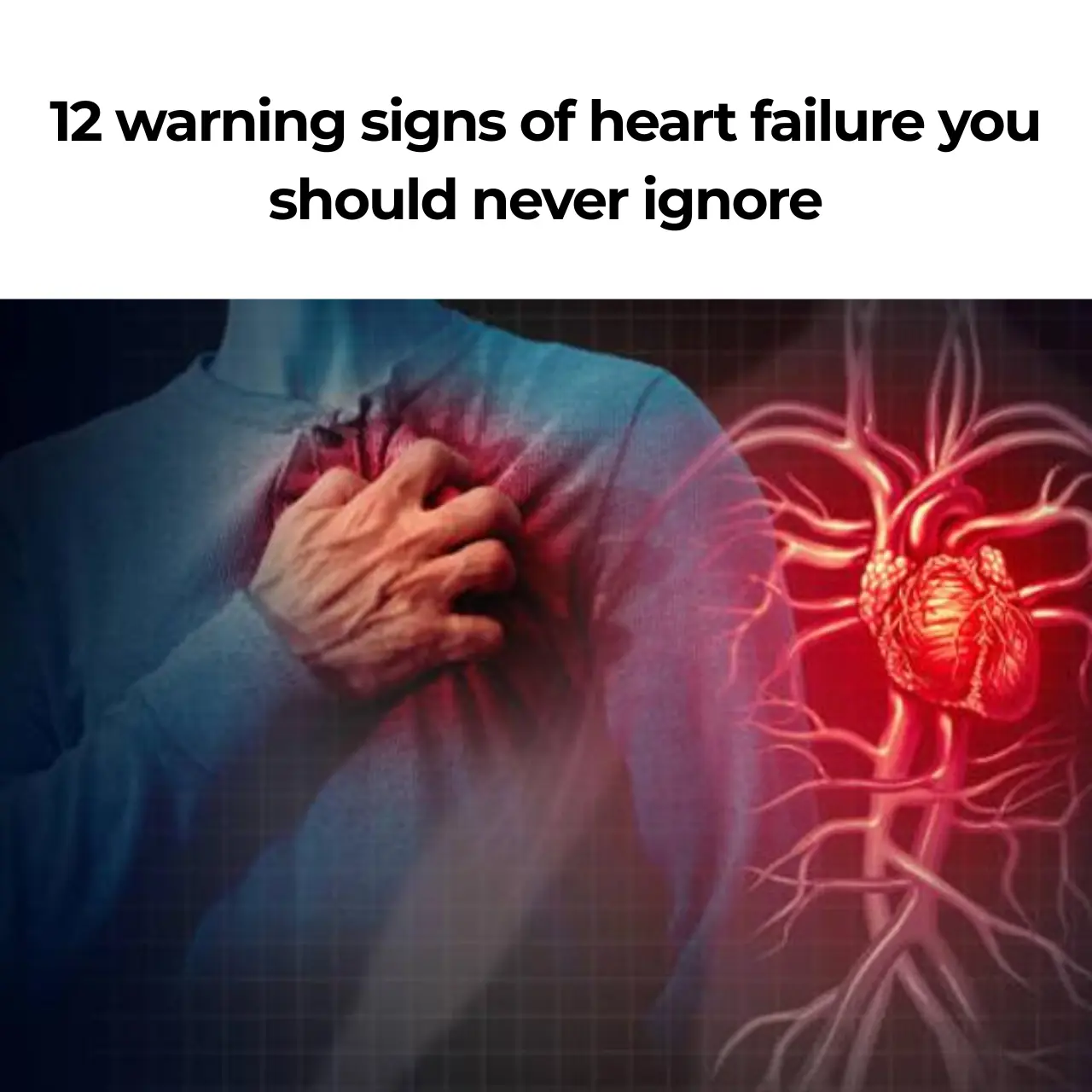
12 warning signs of heart failure you should never ignore
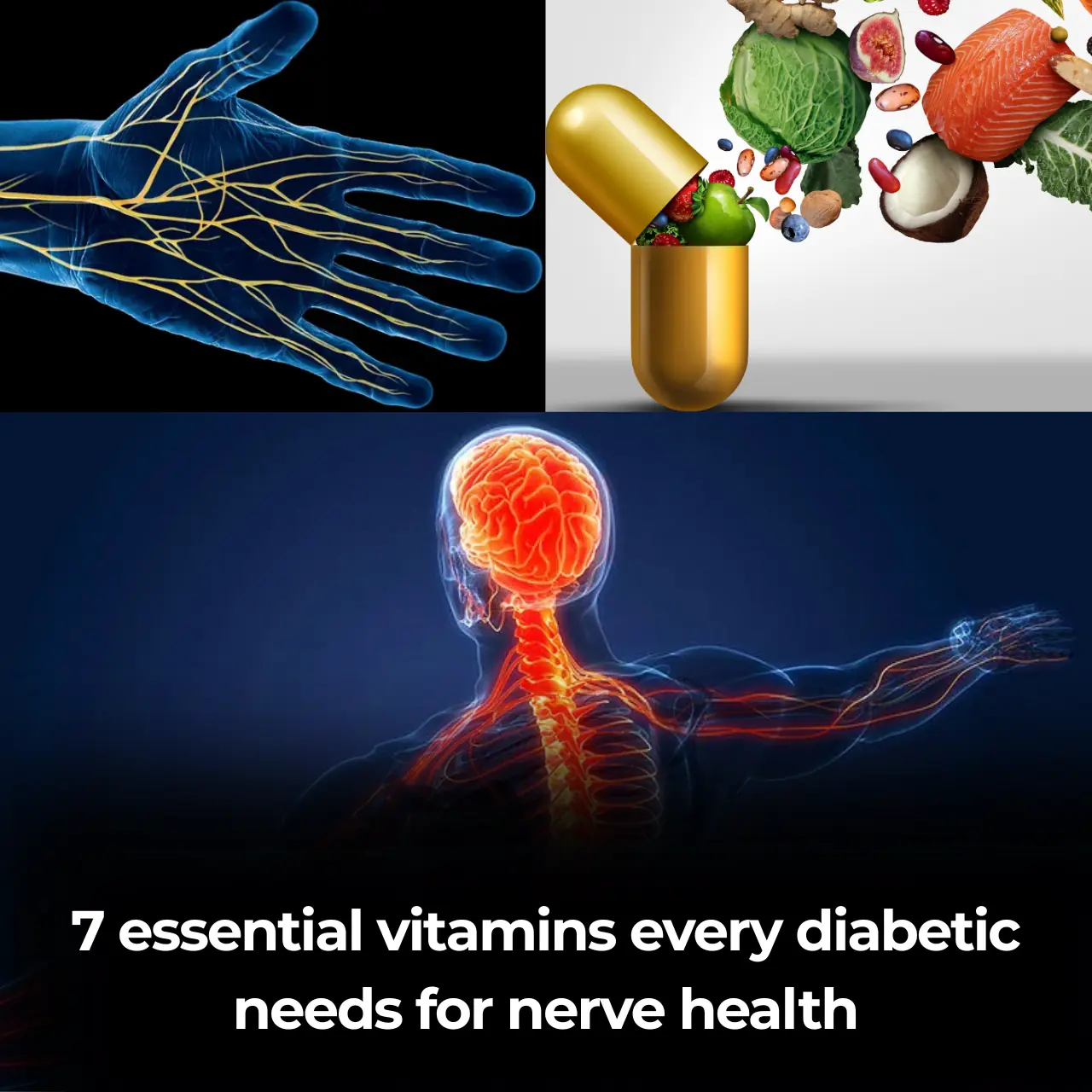
7 essential vitamins every diabetic needs for nerve health
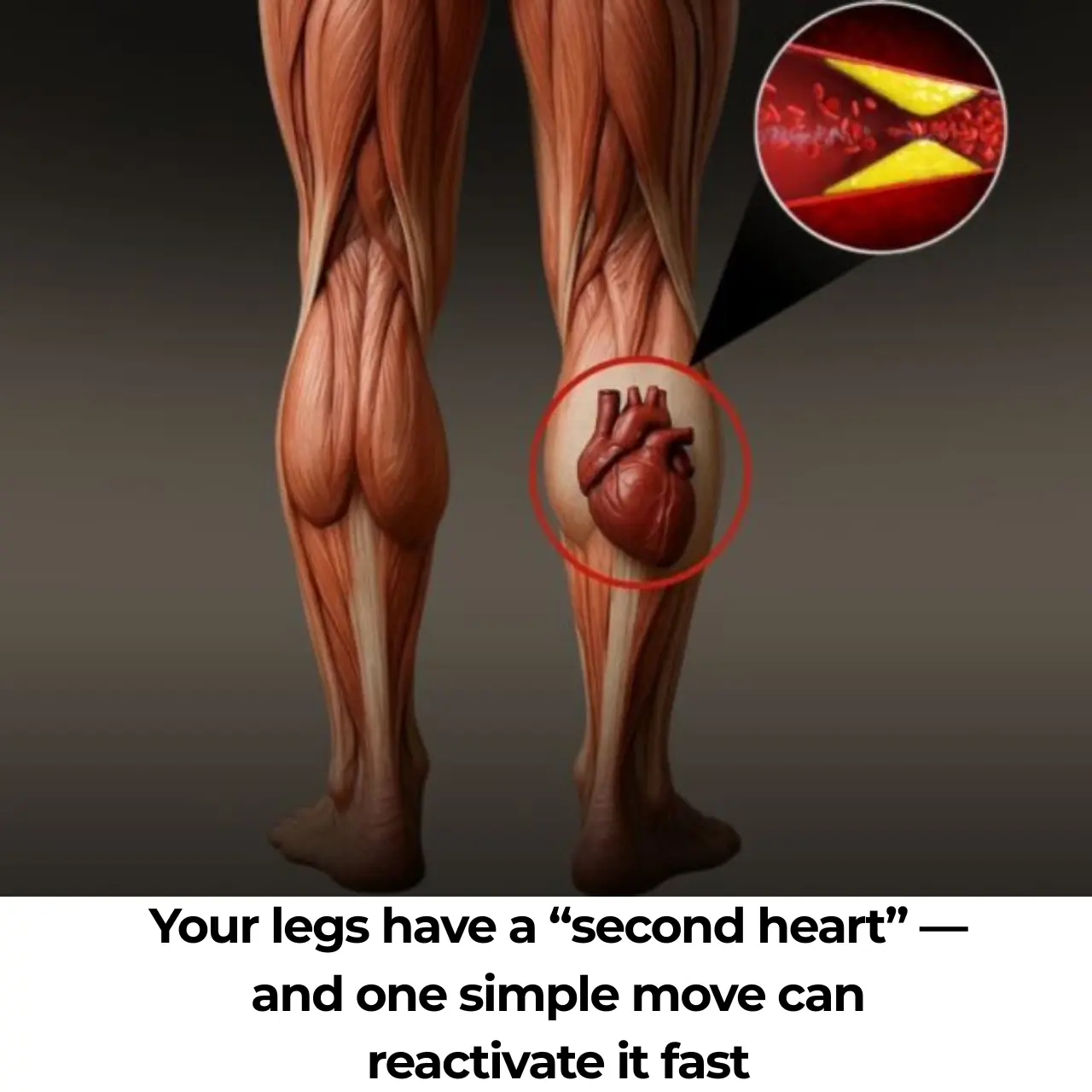
Your legs have a “second heart” — and one simple move can reactivate it fast
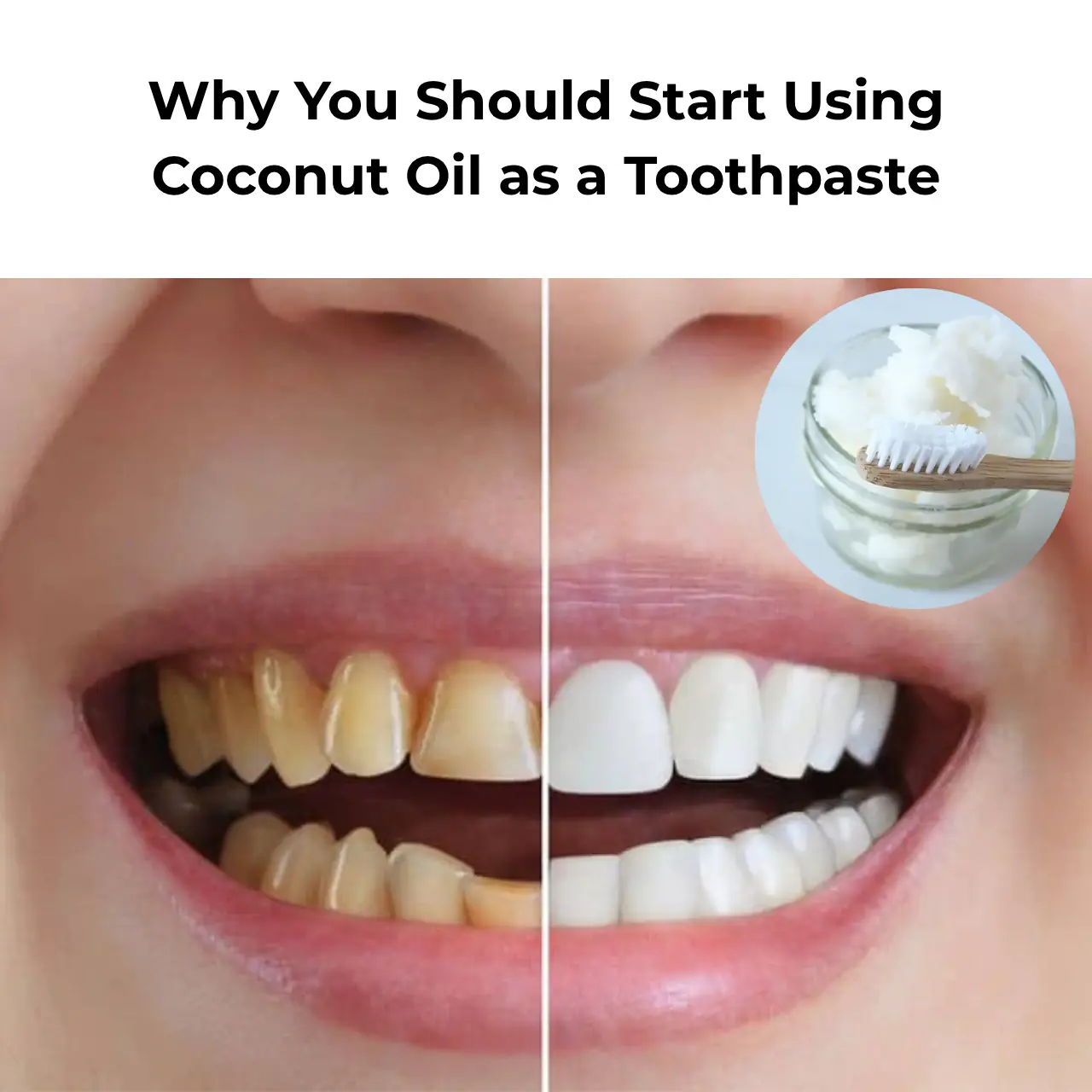
Why You Should Start Using Coconut Oil as a Toothpaste
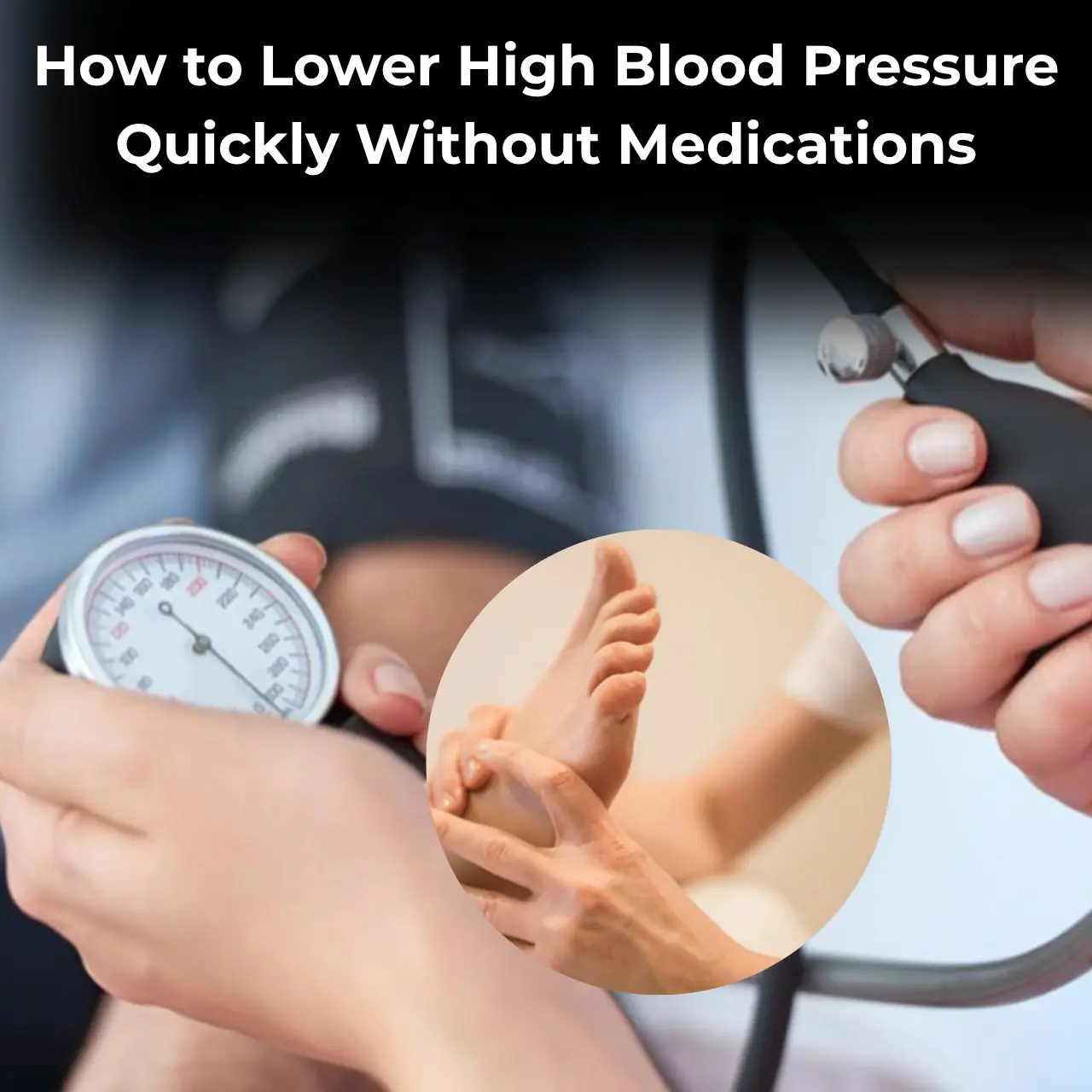
How to Lower High Blood Pressure Quickly Without Medications (Evidence Based)

3 powerful vegetables everyone overlooks (but shouldn’t!)
News Post

I had no idea

Poor circulation? Simple foods that can get your blood moving again naturally

Count The Squares

Common Drinks That Can Be Bad for Your Liver

Do you sleep on your side? Here's the powerful effect one simple change can have on your body

My nana taught me this hack to de-stink the microwave in 3 mins with 0 work. Here’s how it works

So clever
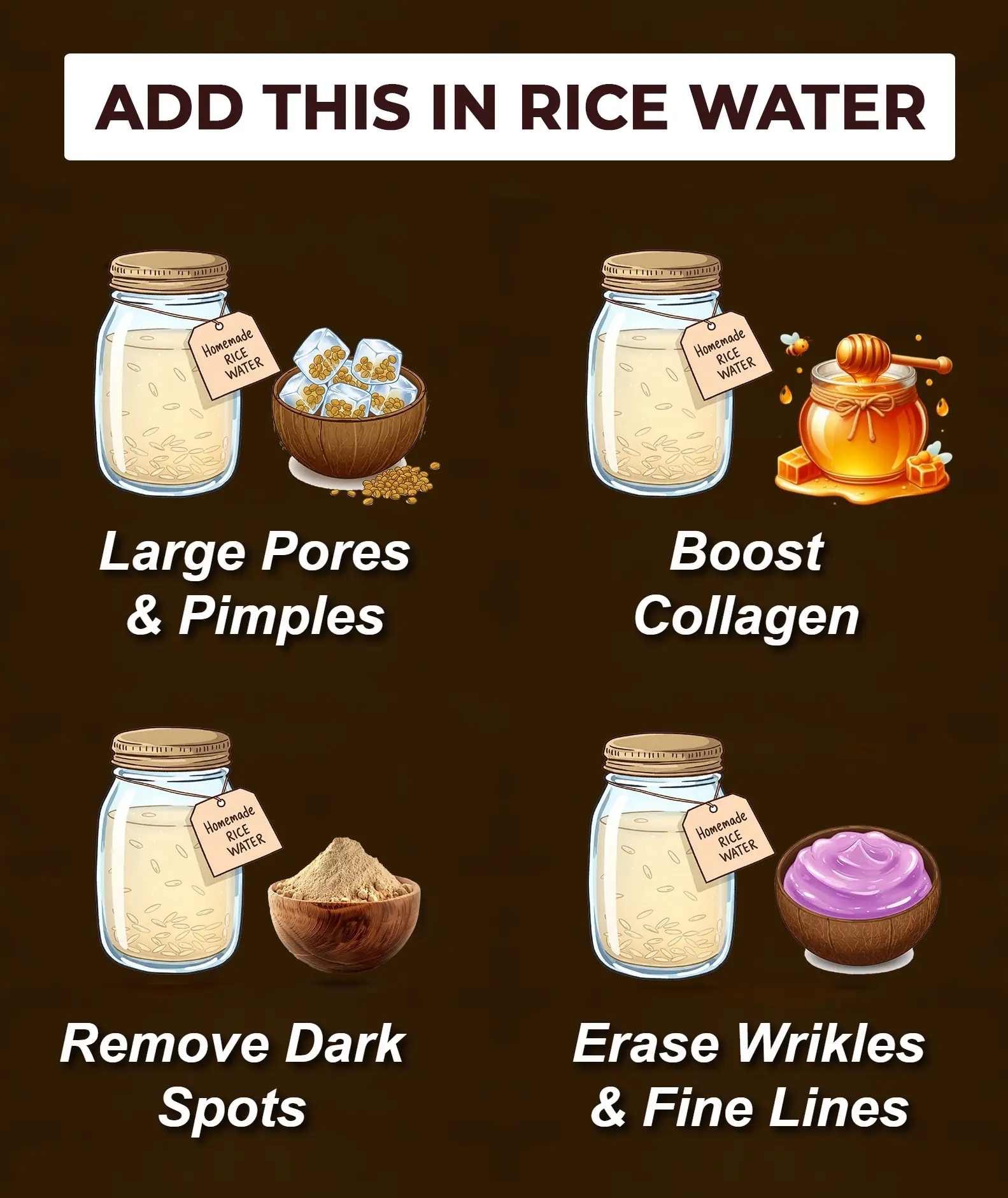
Homemade Rice Water for Skin: Amazing Recipe for Glowing and Youthful Skin
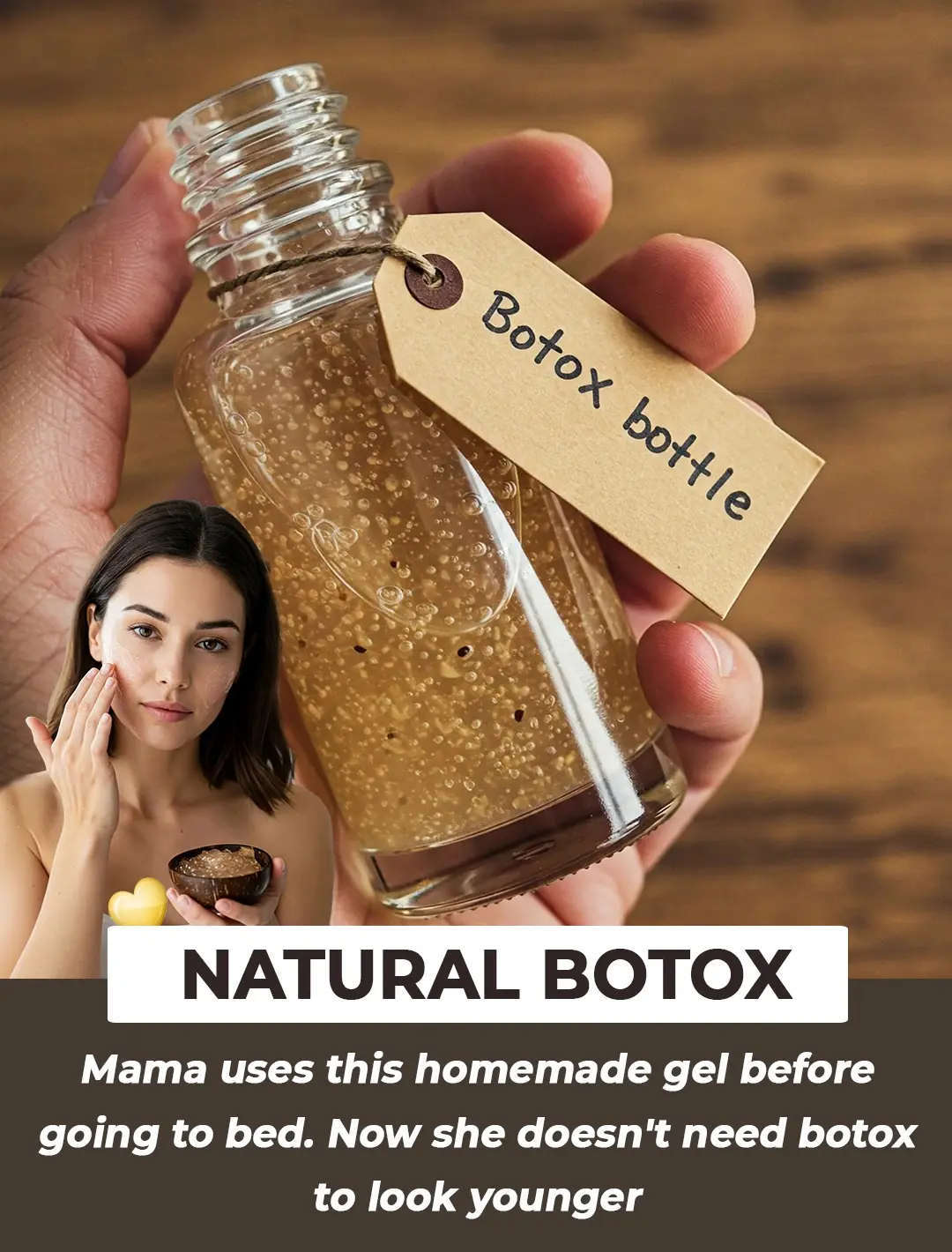
Natural Botox Drops – Secret of Younger Looking Skin

DIY Flaxseed Gel for Glowing Skin: The Natural Solution to Hydrated and Youthful Skin

Easy Recipe to Make ABC Collagen Ice Cubes at Home: The Secret to Glowing, Firm Skin

DIY Turmeric Gel For Ageless Skin: Unlock the Secrets of Radiant and Youthful Complexion
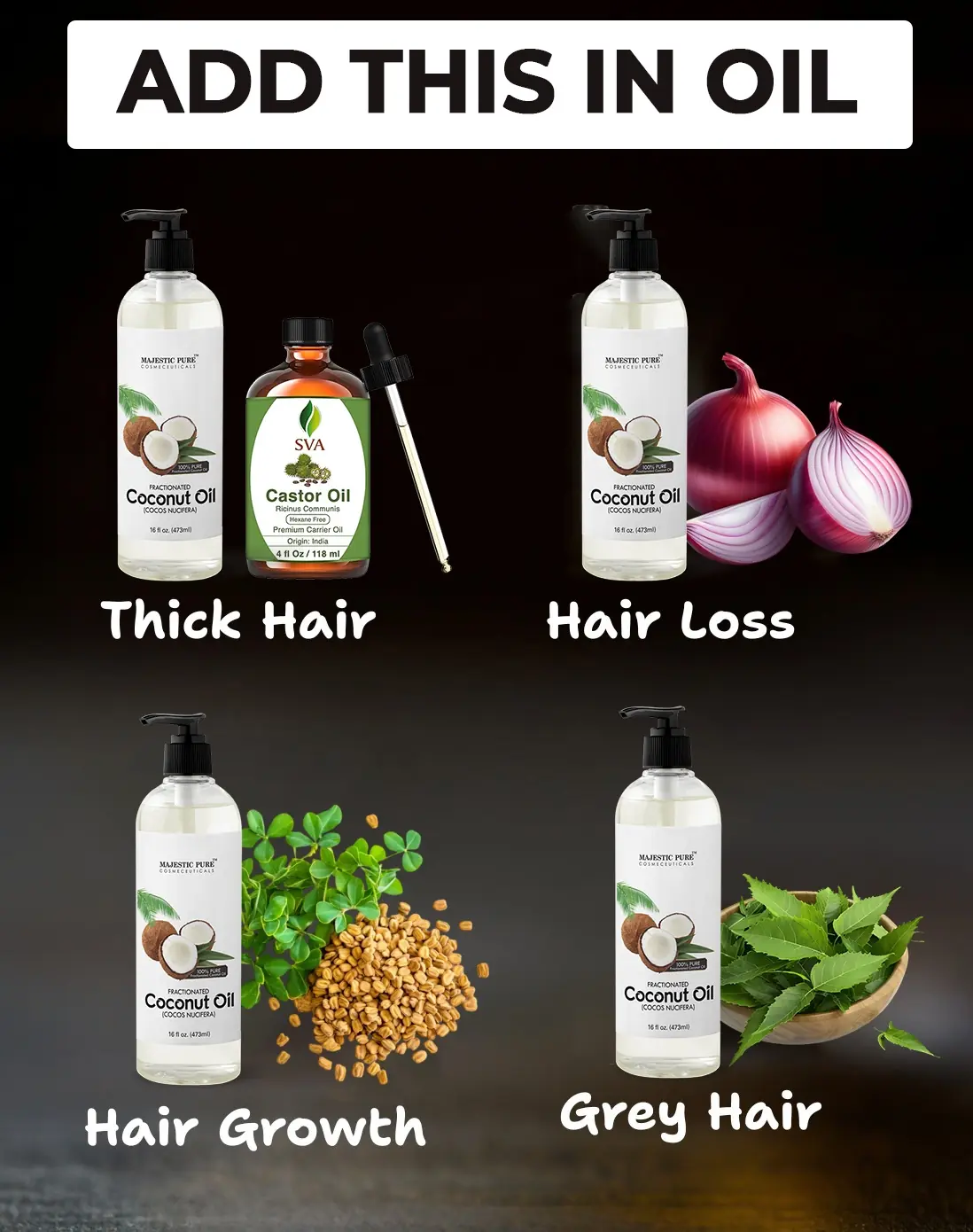
Add This in Your Hair Oil for Healthy, Lustrous Hair

The Ultimate Guide to Homemade Carrot Oil for Glowing, Youthful Skin

Homemade Ginger Lemon Shot: Your Natural Ally for Effective Weight Loss

Potato Treatment For Dark Spots & Large Pores

Add Onion and Coffee to Your Hair—The Results Might Shock You

DIY Flaxseed Gel & Okra Hair Gel For Hair Growth & Frizzy Hair
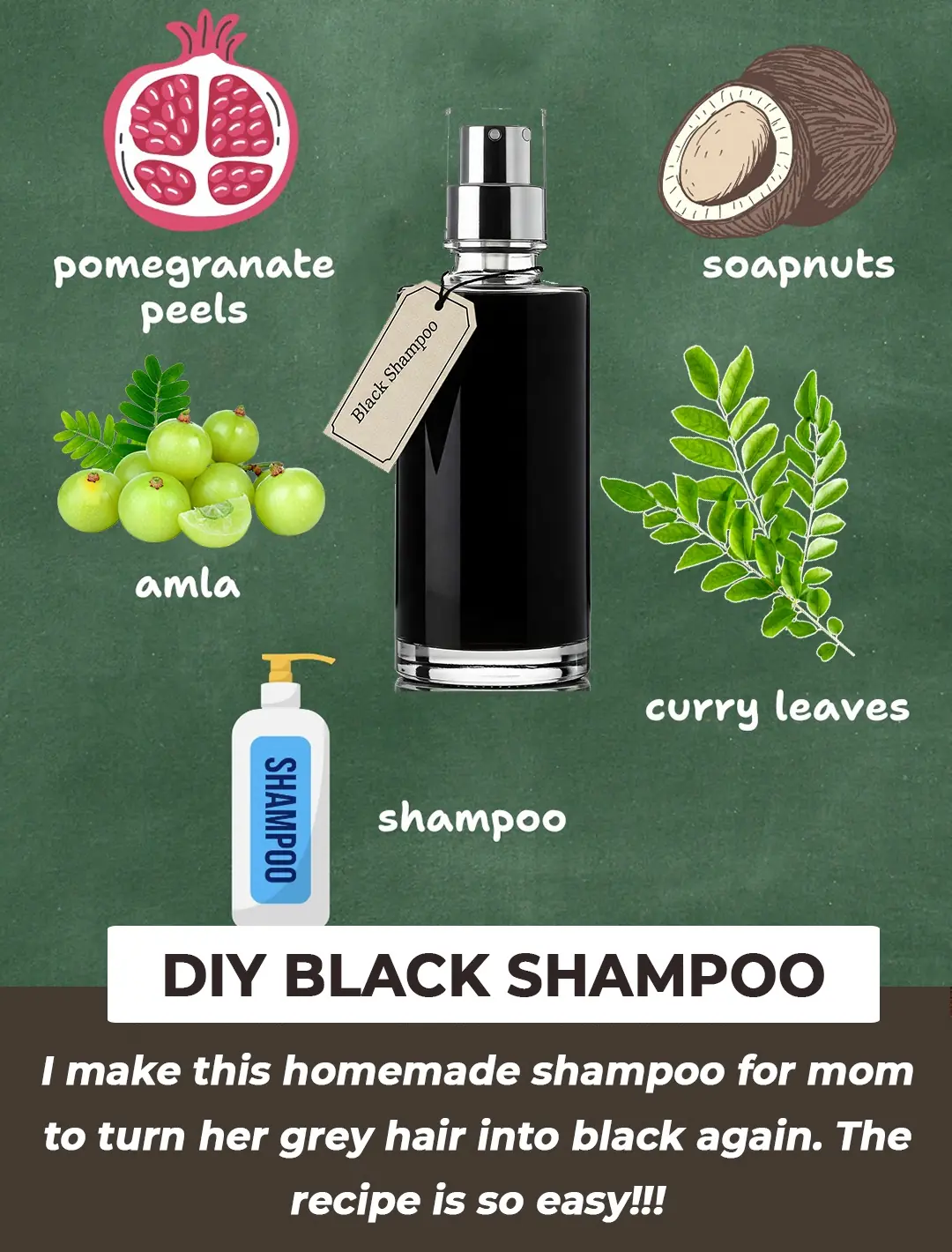
2 Mins Black Shampoo For Grey Hair
